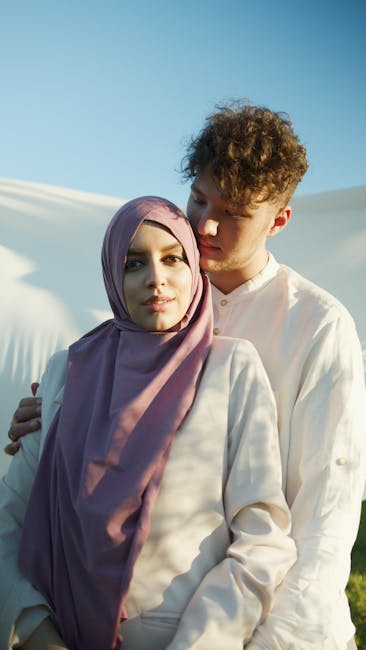How to Use the Arabic Alphabet in Interfaith Dialogues
The Arabic alphabet is not just a script; it’s a gateway to understanding rich cultures and fostering meaningful interfaith dialogues. If you’re looking to bridge gaps and promote unity through language, you’re in the right place! Let’s dive into how the Arabic alphabet can enhance your interfaith conversations.
Table of Contents
1. Introduction to the Arabic Alphabet
2. Significance in Religious Texts 📜
3. Facilitating Understanding Through Language 💬
4. Practical Tips for Using Arabic in Dialogues 🗣️
5. Building Bridges Across Different Faiths 🌉
6. Conclusion: Embracing Diversity
7. FAQs
Introduction to the Arabic Alphabet
The Arabic alphabet consists of 28 letters and is written from right to left. This beautiful script is used not only in the Middle East but also in various Islamic texts worldwide. By familiarizing yourself with these letters, you open up a new world of communication and understanding that transcends linguistic barriers.
Significance in Religious Texts 📜
For many, the Arabic alphabet holds sacred significance as it is the script of the Quran, the holy book of Islam. Understanding its nuances can lead to deeper interfaith respect and appreciation. Whether you are discussing the Quran, Bible, or other religious texts, knowing a few Arabic letters can demonstrate respect and a willingness to understand another’s perspective.
Facilitating Understanding Through Language 💬
Language is a powerful tool for connection. By incorporating Arabic into interfaith dialogues, you can foster a sense of inclusivity. Whether through greetings, prayers, or phrases, a few well-placed Arabic words can make a big difference in how messages are received and understood.
Practical Tips for Using Arabic in Dialogues 🗣️
Here are some actionable steps you can take:
– Start with basic phrases: Knowing how to say „peace“ (سلام) or „thank you“ (شكرا) can go a long way.
– Use Arabic greetings: Begin conversations with „As-salamu alaykum“ (السلام عليكم) to show respect.
– Integrate Arabic script in visual presentations: This can help in engaging your audience and making the dialogue more inclusive.
– Practice pronunciation: This shows effort and respect towards the language and its speakers.
Building Bridges Across Different Faiths 🌉
Using the Arabic alphabet in interfaith dialogues isn’t just about language—it’s about building bridges. It promotes empathy and understanding across different cultures and beliefs. By engaging with the Arabic script, you show a commitment to exploring commonalities and respecting differences.
Conclusion: Embracing Diversity
Embracing the Arabic alphabet in interfaith dialogues is a step towards a more harmonious world. It enriches conversations, fosters mutual respect, and highlights the beauty of diversity. So, why not start incorporating a few Arabic words and phrases into your conversations today?
FAQs
1. How can I learn the Arabic alphabet quickly?
Start with online resources or apps designed for beginners. Practice daily and focus on a few letters at a time for better retention.
2. Is it necessary to be fluent in Arabic for interfaith dialogues?
Not at all! Even a basic understanding of Arabic can enhance your communication and show respect toward the culture.
3. Can I use Arabic in written interfaith communications?
Absolutely! Incorporating Arabic phrases in emails or letters can be a wonderful way to show cultural inclusivity.
4. What if I mispronounce Arabic words during dialogue?
Don’t worry! Most people appreciate the effort and are happy to help you with pronunciation. It’s all part of the learning process.
5. How does learning the Arabic alphabet benefit me personally?
Beyond interfaith dialogues, learning the Arabic alphabet can open doors to understanding a rich cultural heritage, enhancing personal growth and global awareness.
By integrating the Arabic alphabet into your interfaith dialogues, you’re taking a positive step toward a more inclusive and understanding world. Let’s embrace the beauty of language and diversity together! 🌍✨






